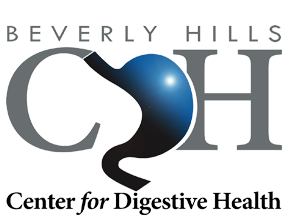Colonoscopy
BOOK APPOINTMENTWhat is a Colonoscopy?
During colonoscopy, the lining of the large intestine will be examined using a small flexible tube. It seeks for abnormal growths, ulcers, and inflamed tissue. It can also be used for rectal and colon cancer screening.
Before the procedure, your colon must be completely empty and clean. This requires a high amount of special cleaning or a diet of clear liquids. Let the doctor or a staff member know about any medications you are taking. This includes aspirin, arthritis medications, blood thinners, vitamins containing iron, or diabetes medicines.
Instructions
You need to arrange for someone to escort or drive you home after the procedure. Once the colonoscopy begins, you will be asked to lie on your side or back. A sedative will be provided to help you relax. A flexible tube will be inserted through the rectum and guided through the colon. This tube captures a live image of your colon and is transmitted to a TV screen for your gastroenterologist to see.
Book an Appointment
The procedure may take 15 minutes to one hour to complete. Once it has concluded, the colonoscope is removed while the bowel is examined. You will rest at the facility until the effects of the sedative dissipates. You should expect to be fully recovered from the procedure within the next day.
Our Blogs
Will Exercise Such as Sit-Ups Help Me Lose Fats Around My Stomach?
Back to BlogsThere are a number of exercises to improve your core strength, including sit-ups, crunches, and dead bugs. While these exercises may strengthen your muscles, they may not necessarily decrease the amount of fat around your stomach. This amount can vary...
Accurate Diagnostics for Anorectal Strength and Function
Back to BlogsAre you having problems producing healthy bowel movements? The problem may be the muscles around your digestive tract either not coordinating properly or lacking strength. To get your GI problems addressed as soon as possible, visit the Beverly Hills...
Pelvic Floor Dysfunction?
Back to BlogsPelvic floor dysfunction is the inability to relax and coordinate your pelvic floor muscles to allow for smooth defecation. Fortunately, there are treatments available, including biofeedback, medications, and physical therapy. Reclaim strength and comfort...
Call to Schedule
Our office is available to answer your questions and evaluate your symptoms.

Phone
(310) 855-0222
Fax: (949) 404-6467
Hours
Mon - Fri: 9am – 5pm
Sat - Sun: Closed